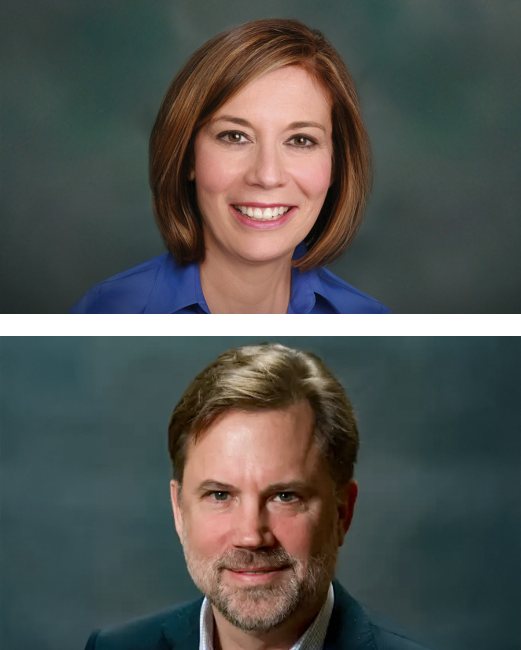-
What We Do
- WHERE WE WORK
-
About Us
 Welcome Message from Carol Jenkins, CEO
Welcome Message from Carol Jenkins, CEOWorld Learning believes that the best hope for peace, justice, and sustainability lies in bringing people together. Through cultural immersion, experiential learning, and information sharing, our programs equip others to collaboratively address the most pressing issues of our time.
Throughout my years at World Learning, I have had the fortunate opportunity to meet with many of our participants, partners, and alumni—a global network of learners. Our programs help them understand other cultures, master new skills, and cultivate networks. Our teaching and training methodologies empower them to find locally relevant, sustainable, and implementable solutions. Our approaches emphasize flexibility and adaptability that help them tackle real-world problems. They, in turn, make extraordinary changes in their lives and communities.
Please join us—and those we work with and serve around the world—in our pursuit to create a brighter and better future for all.
Carol Jenkins | CEO, World Learning
Allen Cutler | Chair, Board of Trustees - Get Involved
Media Center > Story
Engaging Youth to Create a More Viable Future for Tunisia
July 12, 2017
As a young woman growing up in Tunisia under Zine El Albidine Ben Ali’s regime, Mayssa Lajmi recalls high unemployment, social injustice, and corruption. These political and economic problems exploded in a 28-day revolution in 2011 that ousted the Prime Minister, and ended his two-decade reign over the country. It also served as the catalyst for what became the Arab Spring, a series of anti-government protests, uprisings, and armed rebellions that quickly spread across the Middle East.
The popular uprising was a wake-up call for Lajmi, who decided to focus her energy on getting youth more involved in Tunisia’s politics.
Last year, she came across an advertisement on the U.S. Embassy’s Facebook page calling for applications for the Leaders for Democracy Fellowship (LDF), which supports civil society leaders from the Middle East and North Africa (MENA) region to more effectively address current political and social challenges in their communities. It was exactly what she needed.
She knew the program would help with her work as a project manager for WeYouth, a youth-led organization in Tunisia designed to empower and encourage young Tunisians to become more politically active and involved in solving local issues as leaders in their own communities.
“We never had young people involved in political processes before, so whenever we reach young people through our program and get them involved, we consider this an achievement,” she says.
Lajmi liked that the LDF program offers participants insights into life in the U.S., provides hands on work experience in relevant fields, and offers time to network with other participants from the MENA region.
“It’s a great opportunity for me and other participants to get involved and to learn about other countries and to learn about the world through different perspectives,” says Lajmi.
During the LDF program, Lajmi interned with the National Democratic Institute (NDI) in Washington, DC.
“I was following their work in Tunisia. I wanted to be part of them to see how they address our issues in Tunisia and how they try to design and implement projects in order to overcome the political issues in my country,” she says.
Lajmi hopes that her experience at NDI will help her implement a program to engage young people in Tunisia’s upcoming municipal elections.
She says now more than ever, it is important to keep youth politically engaged in order to create a more stable and viable future for the country.


